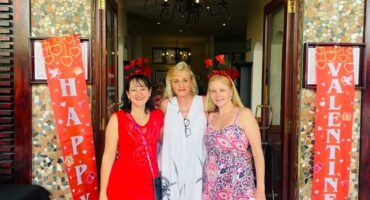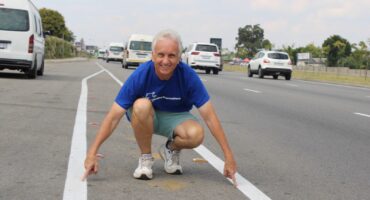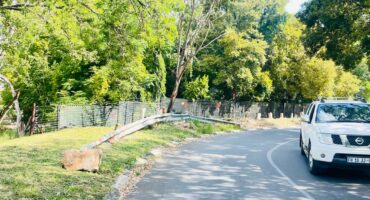Wildlife Vet requests assistance
GLENFERNESS – The Johannesburg Wildlife Veterinary Hospital relies solely on donations from the public, without which they would have to close their doors.

The Johannesburg Wildlife Veterinary Hospital (JWVH), based in Glenferness, appeals to the public for funding assistance to keep the hospital operational.
Wildlife rehabilitation specialist and director of the hospital Nicci Wright said the hospital is currently under financial stress, especially since the Covid pandemic began. “Despite Covid, our patient list remains high and has potentially grown as many individuals are working from home or engaging in activities such as hikes or neighbourhood walks where they find or are alerted to wildlife in need.”

Wright added, “While patient demands have increased, the funding thereof has decreased as Covid has had a measurable impact on many people’s income and financial security.”
She said it is important for the hospital to remain open as the ‘go-to’ for all injured and orphaned wildlife. “With our services, we ensure that indigenous wildlife will be around for future generations to observe and enjoy.”

The hospital’s services include veterinary treatment and care as well as experienced expertise in the best practice rehabilitation of indigenous wildlife.
“Often vets don’t know how to deal with wildlife, or other rehabilitation centres don’t have a vet on-site to deal efficiently with injured and orphaned wildlife. It is in these instances where efficient and speedy responses save lives, whether it involves a drip for dehydration or blood tests to assist in clarity for treatment protocols. The level of experience, expertise and care we can give our patients makes us unique.”

The facility also offers treatment for Temminck’s pangolins once they are retrieved from illegal wildlife trade. “As a world leader in the treatment of these highly trafficked animals, our facility offers them the highest level of care,” Wright explained.
The organisation relies solely on donations from the public, without which they would have to close their doors.
Donations received will go towards salaries of the small team, medical expenses of patients including CT scans, blood tests, medical supplies and food.
Details: Johannesburg Wildlife Veterinary Hospital www.johannesburgwildlifevet.com




